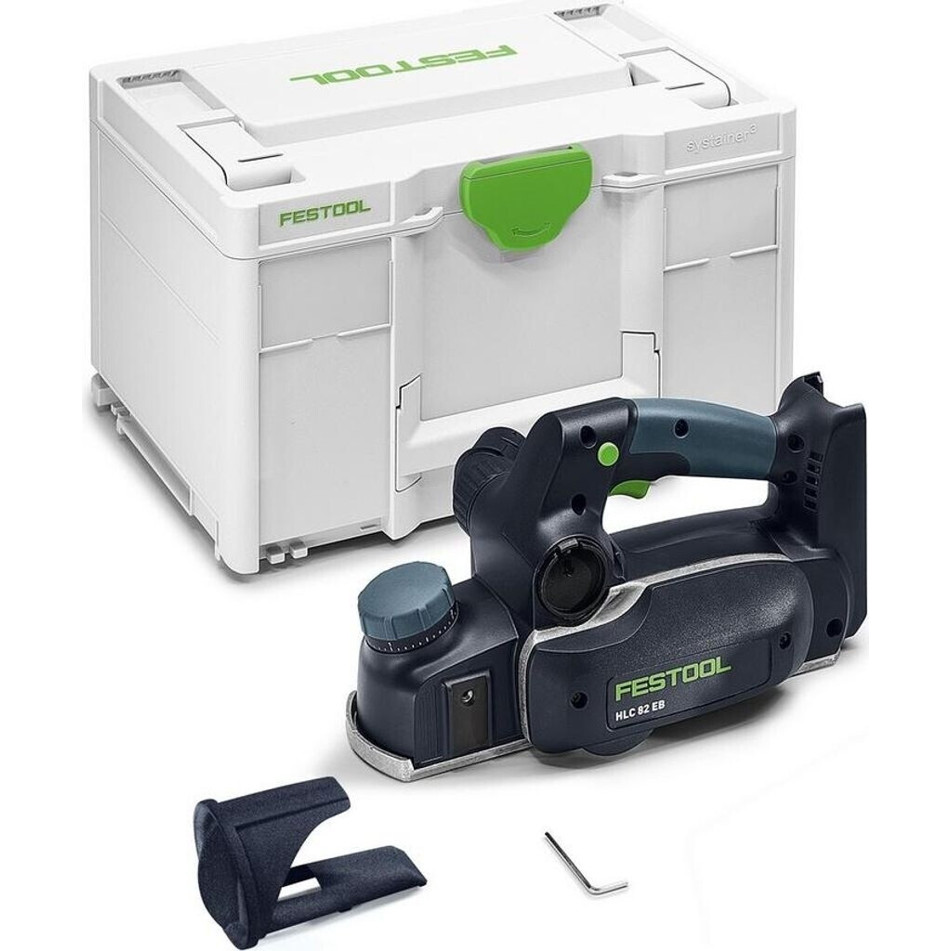The 10 Scariest Things About Buy A Router
The Ultimate Guide to Buying a Router: Ensuring Optimal Connectivity for Your Home or Office
In today's hectic digital world, reliable web connectivity is more crucial than ever. Whether for remote work, online knowing, gaming, or streaming, having a robust and efficient router is essential. This thorough guide will assist consumers make informed choices when picking the perfect router for their specific needs.
Comprehending Routers: The Basics
Before diving into the buying procedure, it's necessary to comprehend what a router does. A router is a networking device that forwards information packets in between computer networks, enabling numerous gadgets to use the same web connection at the same time.
Secret Functions of a Router
- Connectivity: Connects various gadgets (computers, smart devices, smart TVs, and so on) to the web.
- Traffic Management: Manages information traffic to ensure constant speeds.
- Security: Protects your network from external dangers with integrated firewall softwares and security protocols.
- Wireless Access: Provides Wi-Fi connection in homes and offices.
Kinds of Routers
When thinking about a router, it's important to understand the different types readily available. Here's a brief overview:
1. Wired Routers
- Pros: Fast speeds, trustworthy connection, security from external risks.
- Cons: Limited mobility; devices need to be physically linked.
2. Wireless Routers
- Pros: Greater flexibility, links several gadgets without wires.
- Cons: Range limitations and potential security vulnerabilities.
3. Dual-Band Routers
- Pros: Offers both 2.4 GHz and 5GHz bands, reducing interference and enabling faster speeds on modern-day gadgets.
- Cons: More pricey than single-band routers.
4. Tri-Band Routers
- Pros: Additional band for much better performance; suitable for multiple heavy users or clever homes.
- Cons: Typically more pricey and might be overkill for fundamental users.
5. Modem-Router Combos
- Pros: Saves space and lowers the number of devices; easy to establish.
- Cons: Less flexibility in updating parts and can lead to issues if one part fails.
Type
Pros
Cons
Wired
Quick speeds, reliable connection
Limited movement
Wireless
Greater flexibility
Range restrictions, security vulnerabilities
Dual-Band
Reduced interference, faster speeds
More expensive than single-band routers
Tri-Band
Much better efficiency for multiple users
More costly; might be overkill
Modem-Router Combo
Saves space, simple setup
Less versatility, possible failure problems
Elements to Consider When Buying a Router
With numerous types of routers available, understanding the vital factors affecting your decision can help you pick carefully.
1. Speed
Look for routers with higher speed scores, usually measured in Mbps (megabits per second). The minimum requirement for basic activities is 25 Mbps, however for gaming and HD streaming, 100 Mbps or more is more suitable.
2. Variety
Think about the size of your home or workplace. Routers include different ranges; if you have a big area or several floors, go with a router with extended range abilities or think about a mesh network setup.
3. Security Features
Guarantee the router includes robust security functions like WPA3 encryption, firewall programs, and visitor gain access to. This is particularly important for safeguarding personal data.
4. Number of Devices
Assess the number of gadgets will link to the router. High-user environments, such as smart homes, may require routers designed to handle many simultaneous connections.
5. Future-Proofing
Think about a router that supports the most recent Wi-Fi standards (Wi-Fi 6 is currently the current), which uses better performance and connectivity options for future devices.
Suggested Routers in 2023
Here's a choice of some well-reviewed routers presently popular in the market:
Router Model
Type
Speed
Variety
Price
TP-Link Archer AX50
Dual-Band
Up to 2402 Mbps
As much as 2000 sq. ft.
₤ 99
ASUS RT-AX88U
Tri-Band
As much as 6000 Mbps
As much as 3000 sq. ft.
₤ 299
Netgear Nighthawk RAX80
Dual-Band
As much as 6000 Mbps
Approximately 3000 sq. ft.
₤ 399
Google Nest Wifi
Mesh
Up to 2200 Mbps
Up to 2200 sq. ft. (per unit)
₤ 299 (for 2-pack)
Linksys EA7300
Dual-Band
Up to 1750 Mbps
Approximately 1500 sq. ft.
₤ 149
Frequently asked questions on Buying a Router
Q1: Do I need a dual-band or tri-band router?
A: If you have a smart home or multiple users streaming or video gaming, a dual-band or tri-band router is advised for optimal performance and lowered disturbance.
Q2: Can I utilize my old router with a brand-new one?
A: You can use an old router as a range extender or additional access point to improve coverage, but it might limit overall performance.
Q3: How frequently should I replace my router?
A: It's advisable to replace your router every 3-5 years to keep up with developments in innovation and ensure optimal security.
Q4: Is a mesh network better than a conventional router?
A: A mesh network is frequently more efficient in large or multi-story homes for providing constant protection, while a standard router might be enough for smaller spaces.
Q5: What speed do I need in a router for fundamental browsing?
A: For fundamental surfing, a router with at least 25 Mbps is sufficient, but think about greater speeds for streaming and video gaming.
Purchasing a router is an essential decision that can considerably impact your internet experience. By understanding trivox-versand of routers offered, evaluating vital functions, and thinking about present market choices, customers can ensure a better connected lifestyle. Investing time in picking the right router pays dividends in speed, coverage, and overall satisfaction, making it an essential component these days's interconnected office or home.
